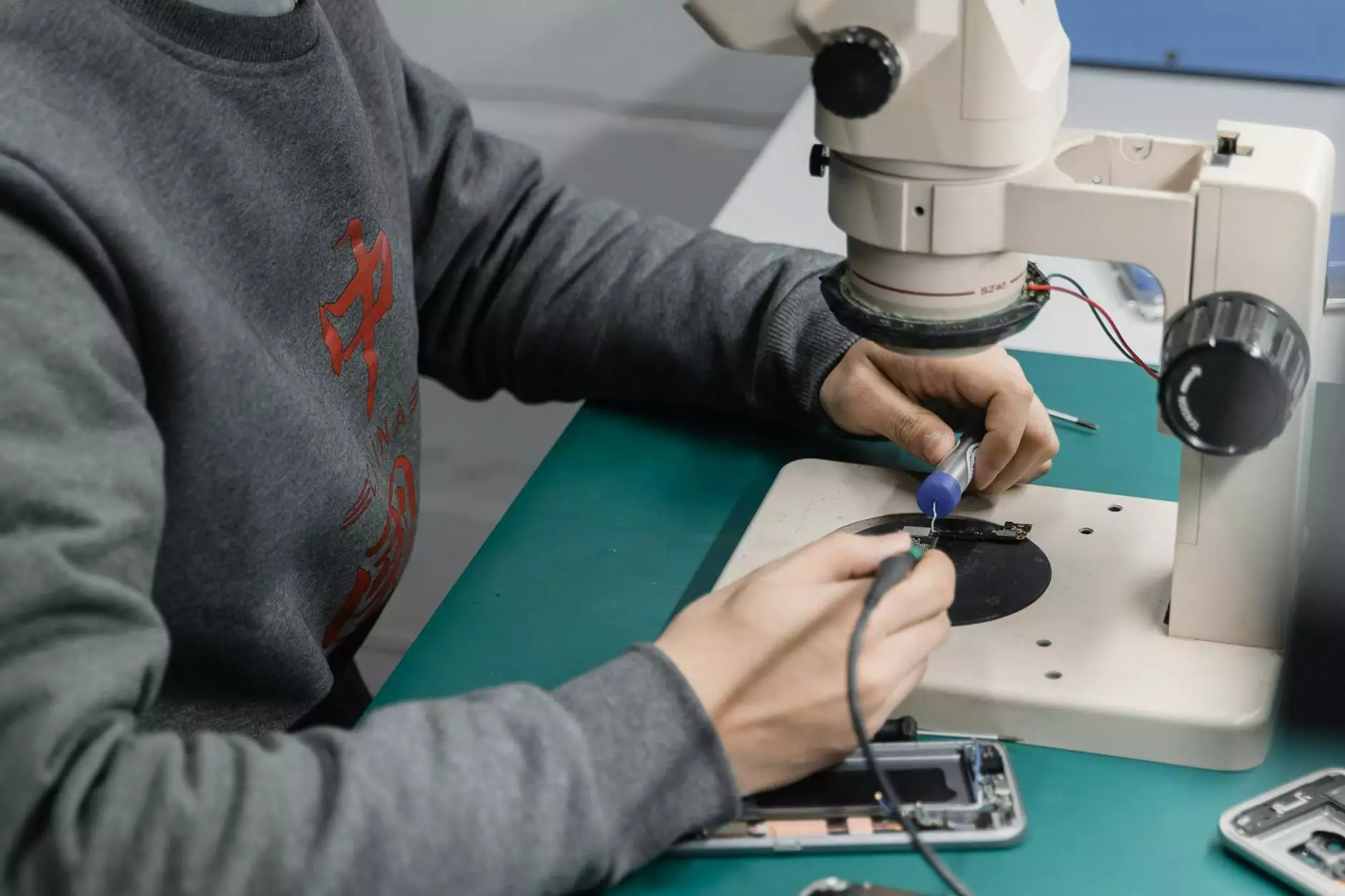Transforming Swimming Pools: The Ultimate Guide to Choosing Your Pool Plaster Repair Company

When it comes to maintaining the beauty and functionality of your swimming pool, pool plaster repair plays a pivotal role. It's not just about aesthetics; properly maintained plaster ensures the integrity of your pool structure. As a homeowner, you may wonder, "What should I look for in a pool plaster repair company?" This comprehensive guide is designed to answer that and much more!
Understanding Pool Plaster: What Is It?
Pool plaster is the smooth, durable surface that often covers the walls and floors of a swimming pool. Typically made of a mixture of cement, sand, and marble dust, it not only provides an appealing finish but also protects the pool shell from erosion. Over time, factors such as chemical balance, water temperature, and general wear can lead to issues such as:
- Cracking
- Chipping
- Staining
- Rough textures
Why Do You Need a Professional Pool Plaster Repair Company?
While DIY repairs can be tempting, hiring a professional pool plaster repair company is essential for several reasons:
1. Expertise and Experience
Professional companies possess the technical know-how and experience required to assess the condition of your pool plaster accurately. They can differentiate between cosmetic issues and underlying structural problems that could compromise your swimming pool’s integrity.
2. Quality of Materials and Techniques
A reputable pool plaster repair company uses high-quality materials that comply with industry standards, ensuring durability and long-lasting results. It’s also vital that they utilize advanced repair techniques tailored to your specific pool type and condition.
3. Warranty and Guarantees
Most professional services offer warranties on their work, giving you peace of mind. If anything goes wrong after the repair, you can rest assured knowing that remediation will be provided at no extra cost.
What to Look for in a Pool Plaster Repair Company
Not all pool plaster repair companies are created equal. To ensure you select the right one, consider the following factors:
1. Reputation and Reviews
Start by researching customer reviews and testimonials. Websites like Yelp, Google, and Angie's List can provide invaluable insights into the company’s reputation.
2. Certification and Insurance
Verify that the company is certified and has the necessary licenses to operate in your area. Insurance is also critical—ensure they have liability coverage to protect you in case of accidents during the repair process.
3. Portfolio of Previous Work
A credible pool plaster repair company should have an extensive portfolio showcasing their past projects. Study the photos and ask for case studies to understand their work quality.
4. Pricing Transparency
Beware of companies that provide vague estimates. A reputable company should provide a detailed, written estimate including all potential costs related to the repair process.
Common Pool Plaster Repair Techniques
Understanding some common plaster repair techniques can help you make informed decisions while communicating with your selected service provider. Here are a few:
1. Patch Repair
If only small areas of damage exist, patch repairs may be sufficient. This involves applying new plaster to fill cracks and chips carefully. Professionals will blend the texture and color to ensure a seamless finish.
2. Resurfacing
For pools with more widespread damage or rough surfaces, resurfacing may be needed. This process involves removing the existing plaster and applying a new layer, effectively restoring the pool’s surface to like-new condition.
3. Replastering
In cases of severe damage, replastering is necessary. This involves a complete overhaul, removing the old plaster and applying a fresh coat. It's a more intensive procedure but essential for long-term durability.
Caring for Your Pool After Plaster Repair
Once your pool plaster has been repaired, it's crucial to maintain it properly to prolong its life:
- Monitor Water Chemistry: Keep an eye on the chemical balance in your pool, as improper levels can cause premature wear.
- Regular Cleaning: Ensure the pool is cleaned frequently, removing debris that could scratch or damage the plaster.
- Avoid Abrasive Tools: Use soft brushes to clean your pool; abrasive tools can create scratches on the newly plastered surface.
- Schedule Regular Maintenance: Have professionals perform regular check-ups to address small issues before they become significant problems.
Conclusion: Investing in a Reliable Pool Plaster Repair Company
Your swimming pool is an invaluable part of your home—a place for relaxation, fun, and exercise. Ensuring its plaster is in good condition is not just about aesthetics; it impacts the overall longevity and structure of your investment. Selecting the right pool plaster repair company is critical in achieving optimal results. By following the guidelines above, you can make an informed choice that will keep your pool looking great and functioning well for years to come.
For expert advice and professional service, consider reaching out to poolrenovation.com. Our experienced team specializes in swimming pool maintenance and repair, and we are committed to transforming your pool into a beautiful and functional oasis.









